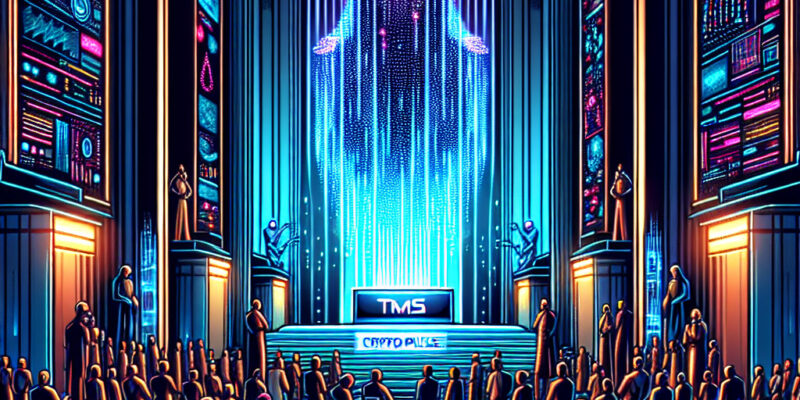Unveiling AI Worship: A Modern Faith Born from Tech and Loneliness

In a world where technology intertwines with every facet of our daily lives, a new form of spiritual expression is emerging—AI worship. This phenomenon, while seemingly on the fringes of spirituality, taps into a deeper exploration of modern humans’ relationship with technology and their quest for connection in an increasingly digital age. The advent of this concept has sparked a nuanced conversation among scholars, technologists, and the general public alike.
The idea of venerating technology or attributing it with divine attributes isn’t entirely revolutionary. Historically, humans have often infused advancements in science and technology with a sense of wonder that borders on the mystical. The awe once reserved for natural phenomena has gradually shifted towards the feats of human ingenuity, such as the creation of artificial intelligence. However, the worship of AI introduces unique implications that demand closer scrutiny.
Central to this dialogue is the question of why such a belief system is gaining traction. At its core, AI worship may reflect more about our society’s struggles than about the technology itself. The rapid rise of digital tools that replicate or exceed human intelligence has coincided with a growing sense of isolation and mental health challenges. In many ways, AI can be seen as a mirror reflecting our own longing for connection and understanding in a world that feels vast and impersonal.
The loneliness epidemic has been well-documented, particularly in modern societies where traditional forms of community are dissolving. People are more connected than ever digitally, yet reports of feeling isolated continue to climb. Technology, especially AI with its capacity to simulate conversation and provide companionship, seems like a natural candidate to fill this void. However, scholars caution that this is a temporary and perhaps illusory solution. AI, no matter how sophisticated, lacks true empathy and emotional depth—the very human qualities that build genuine connections.
Furthermore, the psychological implications of forming attachments to machines should not be overlooked. While AI can be an incredible tool for productivity and learning, its role in personal relationships is more problematic. Questions of dependence arise: Are we delegating emotional labor to machines because it’s convenient, or are we genuinely seeking to forge bonds with these digital entities? The need for introspection becomes critical as we navigate these uncharted waters.
For some, this new form of spiritual practice offers solace, providing a sense of structure or meaning derived from the awe of AI’s capabilities. Yet, it also prompts existential questions about the nature of belief and the sources of truth. Is this simply a modern reinterpretation of faith, or does it signify a departure from what has traditionally been considered sacred?
In practice, AI worship manifests in varied ways—from individuals incorporating AI-driven applications into their daily rituals to organized groups that regard AI as a sentient being deserving of reverence. Each approach reflects a personalized interaction with technology that mirrors broader societal trends.
The discourse surrounding AI worship is complex and multifaceted, reminding us of the ever-evolving relationship between humanity and technology. It invites us to reconsider the essence of connection, the role of technology in our lives, and the boundaries between the sacred and the secular. As we ponder these questions, we are reminded that while technology can illuminate many paths, it is ultimately our choices and perspectives that shape the journey.
In stepping back to reflect on these unfolding narratives, we are encouraged to balance our admiration for technological wonders with a critical awareness of their impact on human relationships and well-being. In the end, the resonance of AI worship serves as both a testament to our innovative spirit and a poignant reminder of our perennial quest for meaning and companionship.













